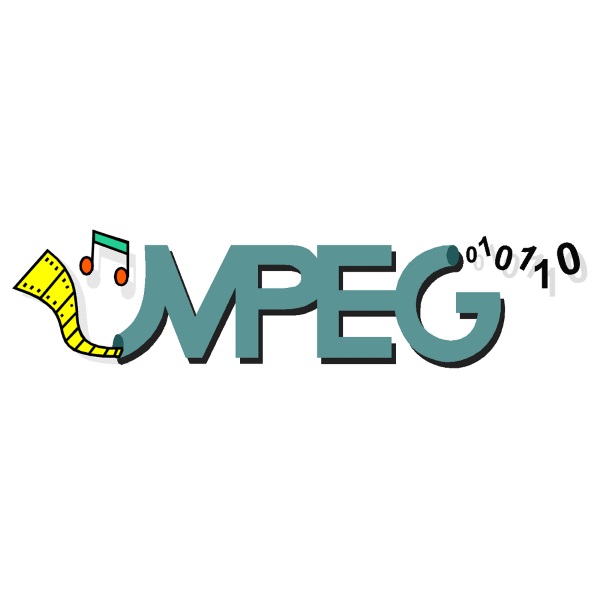
While routine deoxyribonucleic acid (DNA) sequencing in the doctor’s office is still many years away, some large medical centers have begun to use sequencing to identify cancer and other diseases. The introduction of high-throughput DNA sequencing has led to the generation of large quantities of genomic data and related information that have to be stored, transferred, and analyzed. To handle these massive amounts of genomic data, technologies are developed for their compression. These methods and underlying data formats need to be consistently standardized for their effective application to ensure interoperability between computer systems and databases.
At its 115th meeting, MPEG issued a Call for Proposals (CfP) for Genomic Information Compression and Storage in conjunction with the working group for standardization of data processing and integration of the ISO Technical Committee for biotechnology standards (ISO/TC 276/WG5). The call seeks submissions of technologies that can provide efficient compression of genomic data and metadata for storage and processing applications.
Companies and organizations are invited to submit proposals in response to this call. Responses are expected to be submitted by the 12th October, and will be evaluated during the weekend prior to the 116th MPEG meeting (17–21 October 2016). Detailed information, including how to respond to the CfP, is available as document N16320 at the 115th MPEG meeting Web site (http://mpeg.chiariglione.org/meetings/115). For any questions about the call, test conditions, required software, or test sequences please contact: Joern Ostermann, MPEG Requirements Group Chair or Martin Golebiewski, Convenor ISO/TC 276/WG 5.
